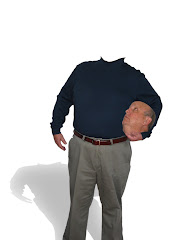A great number of self-taught musicians started their training by learning to play by ear. Instead of picking up a book or taking lessons, they just slowly picked out the chords of a song until the entire thing was mastered. Then they moved on to another song. And another. Gradually, they learned their instrument just by their ability to play by ear; each song presented a new chord or a new technique to figure out and conquer. It's a method used mostly by popular musicians, particularly rock musicians who learned the nuances of composition and performance simply by knowing how to play by ear.
Though classical musicians are generally educated based on tons of music theory and sight reading, some methods tout the benefits of knowing how to play by ear. The Suzuki method of musical training, for instance, espouses the idea that learning music is the same as learning a language; it's acquired by years of hearing it coupled with formal training. Just like we pick up our language by listening to our parents and subsequently attending school, the Suzuki method teaches young children to play by ear before they begin formal training. The Suzuki school of thought on learning how to play by ear has proven to be fairly effective, but it is sometimes considered harmful as the children progress in their education; to play by ear at such an early age (and long before formal training) has the potential to damage the child's ability to actually read music instead of just picking out the notes or melodies.
